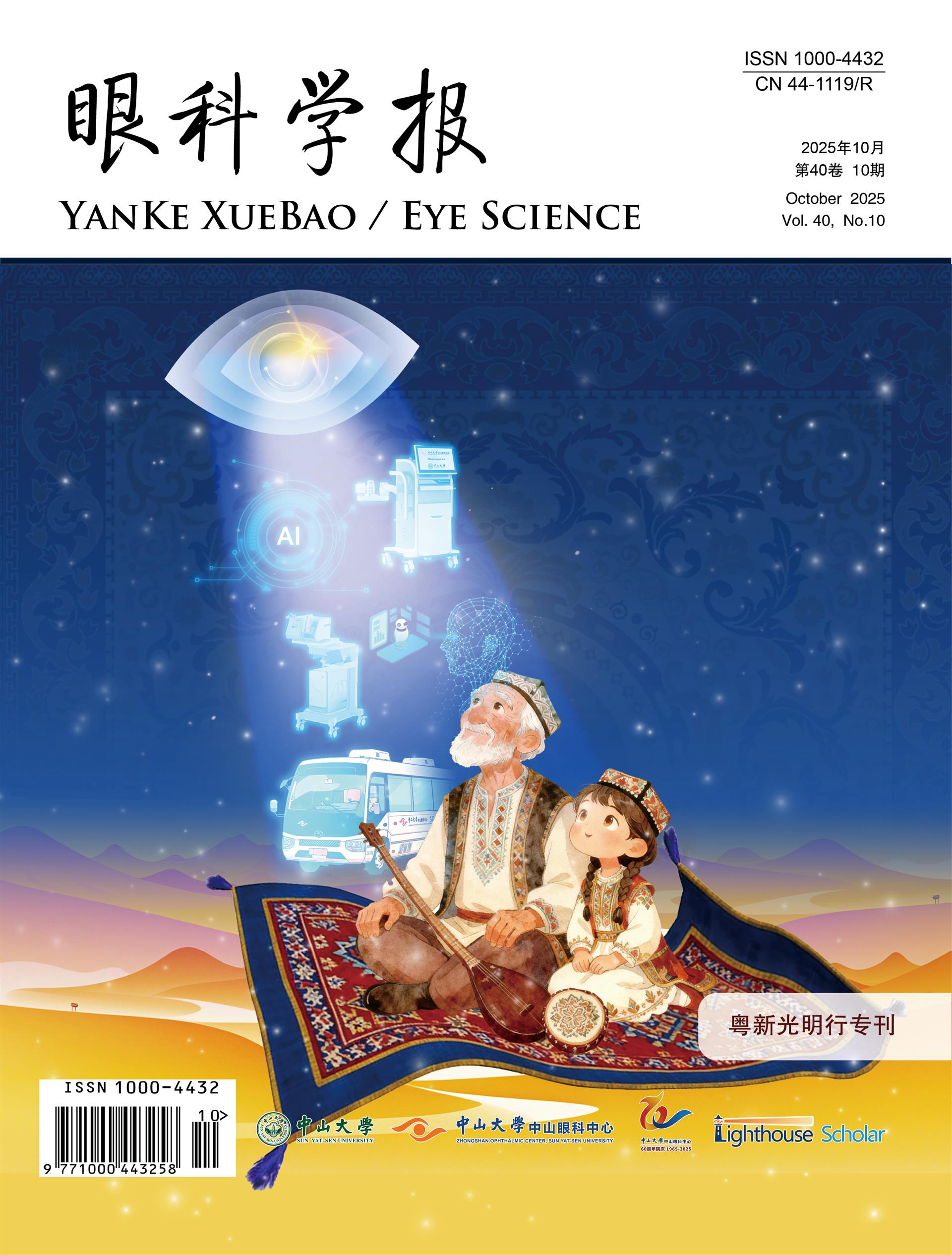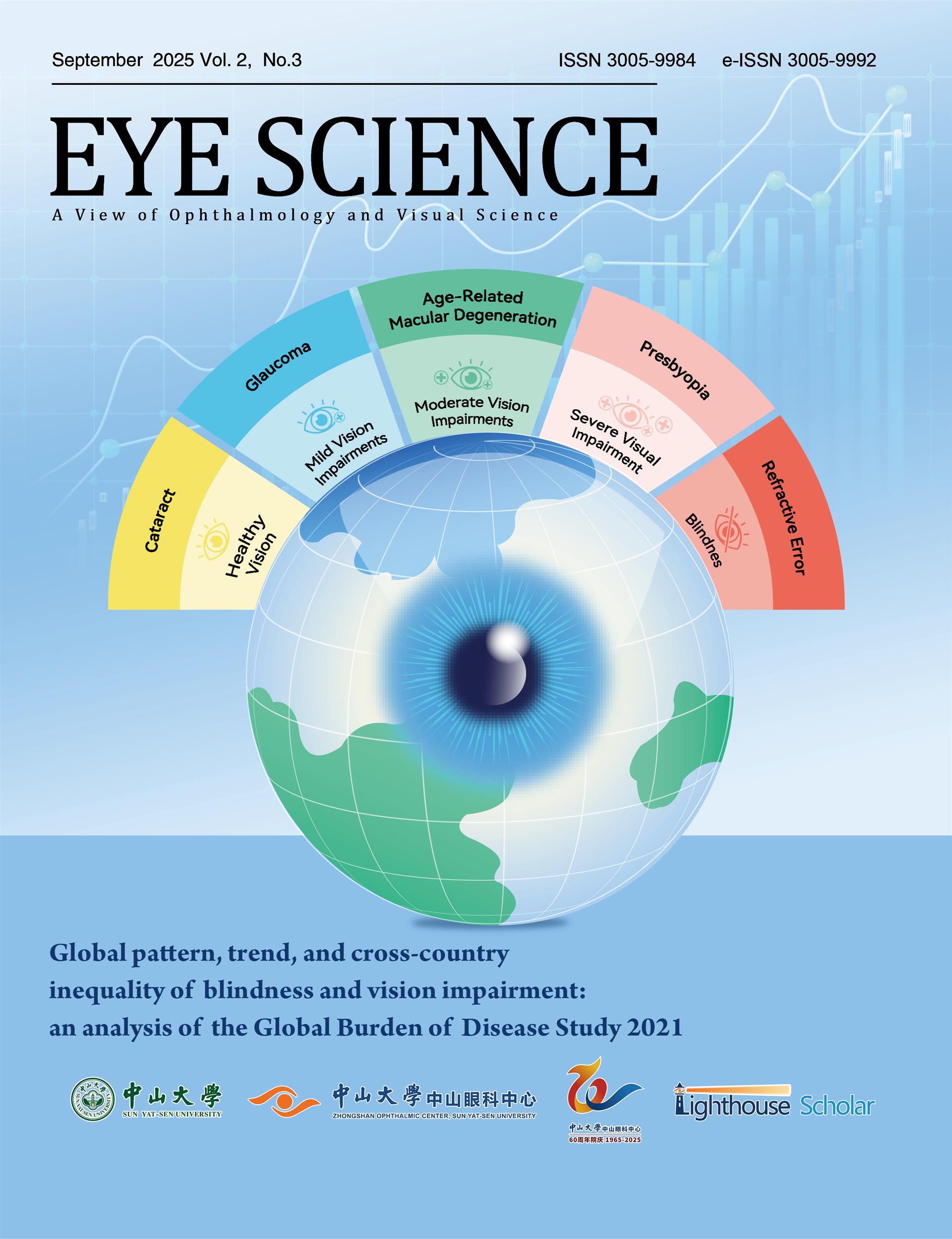Emily Chew's article, "The Journey to Discovery for Treatments of Retinal Hemangioblastomas Associated with von Hippel-Lindau Disease," vividly narrates the process of discovering and clinical application of therapeutic agents for retinal hemangioblastomas linked to von Hippel-Lindau (VHL) disease. The successful development of this drug stands as a quintessential example illustrating the effective integration of "From Bedside to Bench, Then Bench to Bedside" approach in clinical and basic scientific research. This approach involves clinicians identifying problems in clinical practice, laboratory scientists investigating the disease mechanisms to pinpoint crucial points, subsequently developing new drugs for clinical use, and these drugs entering clinical trials and application.
The journey began with clinical identification of the disease by Dr. Von Hippel in 1895, who first reported retinal hemangioblastomas. In 1926, Dr. Lindau noted the concurrent involvement of the cerebellum, and subsequent discoveries revealed it as a familial multisystem tumor syndrome with autosomal dominant inheritance affecting multiple organs. The author introduces the National Eye Institute's (NEI) study tracking the natural history of 249 VHL patients with ocular manifestations over 8.2 years, providing comprehensive insights into genetic mutations, their relationship with hemangioblastomas, and more. The study found that 88% of susceptible eyes did not develop new hemangiomas or progress to severe anatomical changes, 70% had stable peripheral retinal hemangiomas, but 7% of patients progressed to phthisis bulbi or required enucleation. Key risk factors for anatomical changes and vision loss included early onset age, early ocular VHL manifestation, and bilateral involvement. Among different genetic mutation types, complete deletion mutations carried a lower risk of developing retinal hemangiomas, aligning with the prognosis of a cohort of retinal hemangioblastoma patients we tracked ten years ago (Journal of Sun Yat-sen University (Medical Sciences), 2014). The accumulation of clinical big data laid a solid foundation for subsequent laboratory research on disease mechanisms.
"From Bedside to Bench" involves basic scientific research conducted by laboratory scientists to understand disease mechanisms and identify key pathogenic points after clinical problems are identified. William Kaelin's research on VHL revealed that under normoxic conditions, VHL protein tags HIF factors for degradation; however, under hypoxic conditions, VHL loses this ability, allowing HIF to remain within cells, promoting angiogenesis and erythropoiesis. Peter Ratcliffe discovered that in the presence of oxygen and iron, HIF-1α is tagged for proteasomal degradation by an E3 ubiquitin ligase complex containing VHL protein. They further elucidated that HIF-α's prolyl hydroxylation, regulated by oxygen, enables its interaction with VHL protein. Ratcliffe identified the domains of three types of prolyl hydroxylases. William Kaelin, Peter Ratcliffe, and Gregg Semenza jointly won the 2019 Nobel Prize for their discovery of the "oxygen-sensing mechanism in cells," marking a notable chapter in the disease's research and development process.
Human exploration of life and disease never ceases. Since the disease's initial report in 1895, various treatment modalities, including laser therapy, photodynamic therapy, and radiotherapy, have been explored. We previously reported using minimally invasive vitrectomy combined with tumor excision to salvage vision in advanced cases; however, outcomes were suboptimal. Moreover, these methods only inhibit ocular hemangioblastomas without addressing lesions in other organs. Based on the aforementioned basic research, the core issue of the disease lies in the inability of abnormal VHL protein, secreted due to VHL gene mutations, to degrade HIF-1α abundantly produced under hypoxia. Therefore, drugs targeting HIF theoretically should be effective. The article discusses three VEGF-targeting drugs trialed at NEI: Pegaptanib, Ranibizumab, and Sunitinib, all with unsatisfactory results. Conversely, Belzutifan, a small-molecule antagonist specifically targeting HIF-2α, achieved promising outcomes in clinical studies for clear cell renal cell carcinoma associated with VHL. This exemplifies the "Bench to Bedside" approach, highlighting the significant supportive role of basic research in clinical treatment. It also underscores the foundation for the proposal and application of precision medicine.
In conclusion, the interplay between clinical and basic research is indispensable, with mutual transformation being crucial. The visionary founders of the Zhongshan Ophthalmic Center, Professors Yaozhen Chen (Eugene Chan) and Wenshu Mao (Winifred Mao), laid a solid foundation for the efficient integration of clinical and basic research at the center. After establishing the Eye Hospital in 1965, they founded the Eye Research Institute and the Chinese Journal of Ophthalmology in 1983, elevating the institution to the Zhongshan Ophthalmic Center. This strategic move has set a firm foundation for the center's future growth and success.
Correction notice
None
Acknowledgement
None
Author Contributions
(Ⅰ) Conception and design: Xiaoling Liang
(Ⅱ) Administrative support: None
(Ⅲ) Provision of study materials or patients: None
(Ⅳ) Collection and assembly of data: None
(Ⅴ) Data analysis and interpretation: None
(Ⅵ) Manuscript writing: Xiaoling Liang
(Ⅶ) Final approval of manuscript: Xiaoling Liang
Funding
None
Conflict of Interests
None of the author has any conflicts of interest to disclose. The author has declared in the completed the ICMJE uniform disclosure form.
Patient consent for publication
None
Ethical Statement
None
Provenance and Peer Review
This article was a standard submission to our journal. The article has undergone peer review with our anonymous review system.
Data Sharing Statement
None
Open Access Statement
This is an Open Access article distributed in accordance with the Creative Commons Attribution�NonCommercial-NoDerivs 4.0 International License (CC BY-NC-ND 4.0), which permits the non-commercial replication and distribution of the article with the strict proviso that no changes or edits are made and the original work is properly cited (including links to both the formal publication through the relevant DOI and the license).


























